Q. Is there any impact on properties with respect to climate risk (physical risk)? Is there any data available in which we can identify areas at risk in Oman prior to financing?
Climate change is among the biggest risks to property investments globally. The direct impact of climate change on properties is more evident in markets prone to natural disasters. This could vary from increased operational costs across extremely hot or cold climates to structural damages across properties in flood-prone areas. On the other hand, regulatory policies that have been put in place across most markets to limit the carbon footprint of built projects result in asset obsolescence in the case of non-compliance.
Projects that are certified as per local and global rating systems such as LEED and BREEAM are observed to achieve higher occupancy levels and rentals. Generally categorised as attracting ‘green premiums’, such properties tend to achieve anywhere between 5% -15% higher rents compared to the market average. Increased regulatory requirements across real estate investors also position rated buildings as a preferred investment option thereby increasing their marketability and liquidity.
Q. For a developer to enter the residential sector, what are the advantages as compared to other Gulf regions?
Demand for good quality residential projects continues to remain strong across Muscat. In contrast, the supply of higher quality properties within larger projects offering an integrated lifestyle remains relatively limited.
Projects that offer ample parking, support retail, and have other amenities such as a clubhouse or swimming pool are generally observed to achieve higher rents and occupancy levels. There is also an opportunity to create a niche product in the form of branded residences which have performed well in other parts of the region, especially Dubai.
Q. Do you see a long-term impact of the KSA initiative through a PIF-backed fund that will invest across GCC (Oman one of them) in the commercial real estate sector?
Increased foreign investments across Oman, such as by the investment companies to be established by Saudi’s PIF, are critical in driving long-term economic growth and job creation. As per the Public Authority for Special Economic Zones and Free Zones (Opaz), more than OMR 14 bn of investments have been made in the economic zones, free zones, and industrial zones in 2021. The government is also targeting circa OMR 54 bn as part of its ambitious Green Hydrogen Strategy to increase investment across the new low-carbon energy industry. Such investments across mining, energy, healthcare, financial services, food and agriculture, manufacturing, telecoms, and technology are crucial for improving a country’s competitiveness and export potential. This has a positive ripple effect on the real estate sector in the form of increased demand for industrial and warehousing space, office properties, and eventually on the residential and retail sectors.
Q. What can the government do to have a balanced supply and demand for residential property?
Government intervention in the residential sector has been observed across other markets to regulate the supply of residential developments. They also may takes measures to limit overheating of the market by introducing additional costs, over and above the existing cost, for acquiring properties. These help in regulating supply-demand imbalances caused by excessive and, in some cases, unnecessary new project launches, and also help limit speculative investments.
Q. What is your opinion on residential resale values?
We have seen stability when it comes to resale values other that the occasional motivated seller. At the same time, we did see some divergence from primary market sales as resale rates better reflected market conditions as opposed to developer rates which are typically far more rigid. However, the sample size is quite small given that the resales that we have seen have been limited to a few developments.
Q. Whilst Omanisation is a big part of the country's vision , the number of expats declined as compared to 2019 and governments moved offices to government-owned premises. The above are all disouraging factors for the commercial real estate and will put pressure on rental values as there is an oversupply. What factors do you see that can be a boost for offices and for the private sector to be encouraged again. Any transactions or reallocation or expansion going in the market currently?
Marginally speaking, we are seeing greater optimism in the business environment in general. While we have seen the government move away from assets, many of these have been older and not in a state that would compete with Grade A stock in the city, which remains limited amid greater demand. Investment in the oil and gas sector will encourage major occupiers to seek new space to oversee expansion as well as new projects. Ay long-term upswing in oil prices is likely to have a positive impact on the commercial sector and could help to drive demand and occupancy.
Q. How will ITC projects perform in Oman during upcoming years?
To ensure success at ITC projects, expatriates must settle and feel secure in their employment positions in Oman and government policy must address this. The majority of real estate demand will likely come from owner occupiers seeking a primary residence, who will look for job security amid Omanisation plans, before they decide to invest. We will likely see direct correlation between expatriate populations (comprising executives in mid and senior roles with corresponding packages) and ITC prices over the coming years.
Q. Why is your coverage excluding the northern part of Muscat? Mawaleh, Al Hail, Khod, Seeb, Mabela are the fastest growing parts in terms of demographic movement and growth.
These areas have indeed displayed strong growth. However, we focus on areas where we have solid and verifiable data. While the availability of data is steadily growing, it is not at the same level as in the rest of the cities that we cover.
Q. How is the upcoming recession going to affect the commercial market?
Economic recessions by their nature are cyclical and their impact is different across countries and geographies, depending on their socioeconomic structures. However, in today’s globalised economy, every country is likely to be impacted to some degree due to the global flow of capital through foreign trade and investments.
In the Middle East, higher oil prices have ensured that governments have received higher oil revenues than in previous years, which would act as a buffer to any major economic shocks.Furthermore, regional economies including Oman are continuing with their economic diversification and are likely to continue investing in infrastructure development and capacity development across sectors, which should support the commercial markets.
As mentioned in our reports, commercial property prices are already at historical lows and we do not expect a further significant correction going forward.
Q. I have a property in Mouj that is managed by Savills. Is B&B permitted and do you offer that service?
As we understand it, this is not permitted. While we are aware of some landlords doing this, we will want to wait until official government guidance is released that allows us to manage such operations within the permitted scope.
You can download a copy of our latest Oman report here.
You can find a recording of the webinar here.
.jpg)
.jpg)
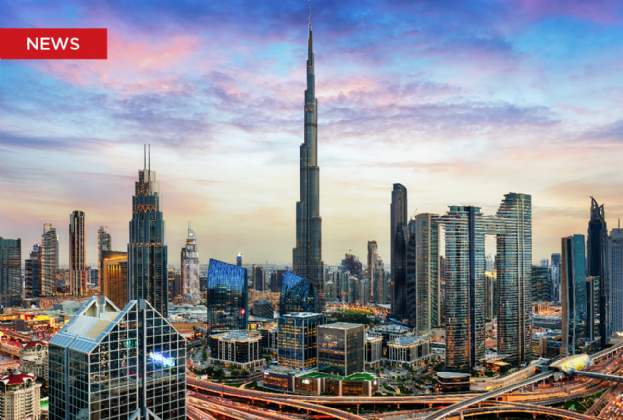
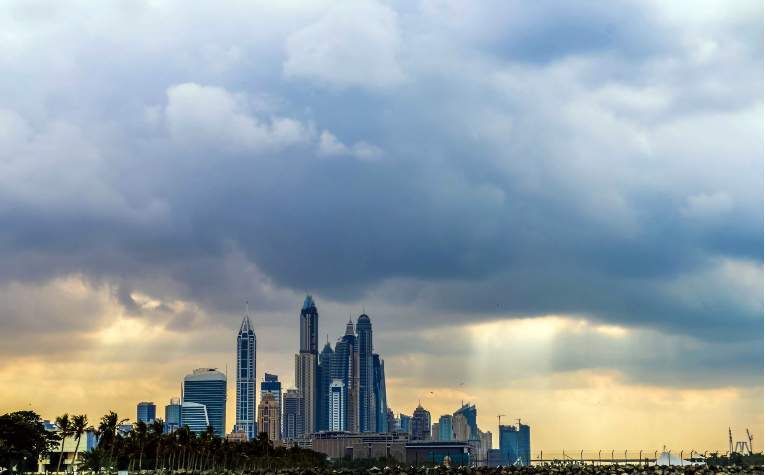
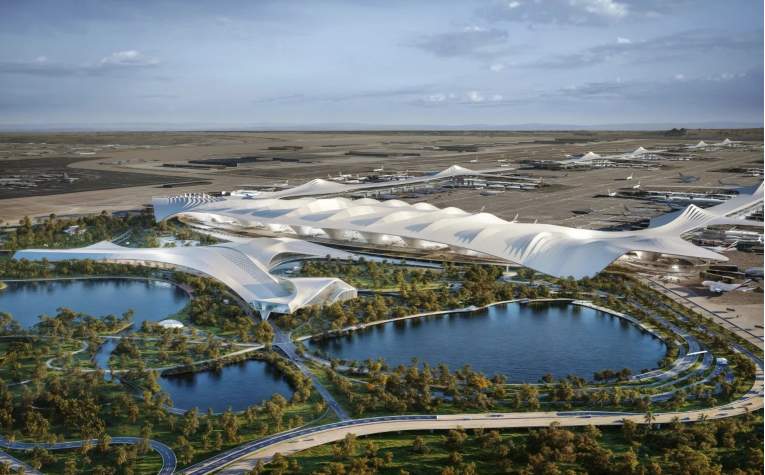
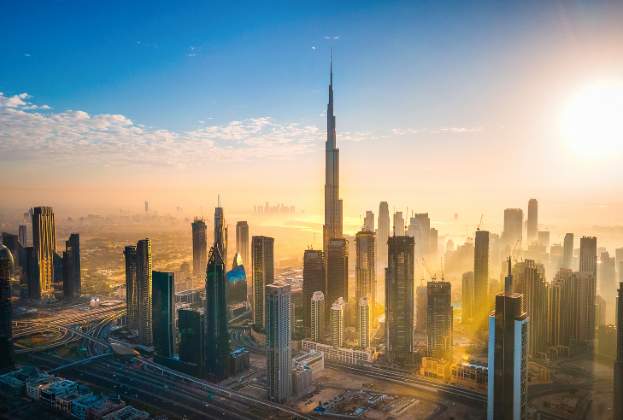


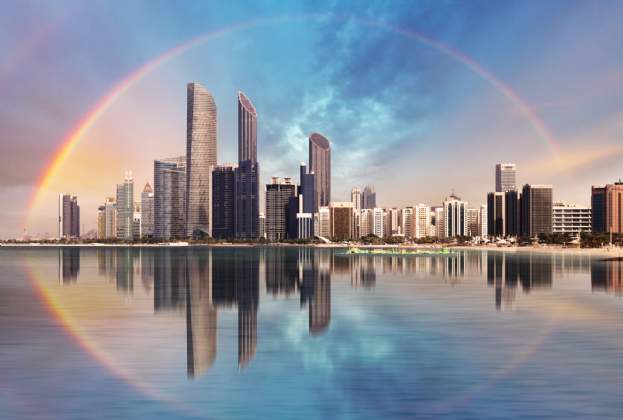

.jpg)